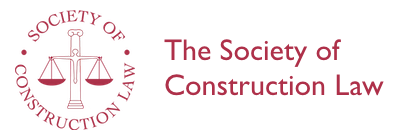Variations, Time Limits and Unanticipated Consequences
Ronan Champion
May 2007
A paper based on the second prize entry in the SCL Hudson Prize essay competition 2006, presented to a meeting of the Society of Construction Law in London on 1st May 2007
The 1999 FIDIC suite of standard forms, followed by NEC3, introduced clauses requiring formal notices by contractor to employer for events which may give rise to a claim (including variations), with a short time-limit for such notices and the claim being barred if notice is not served in time. Although these clauses aim to encourage claims to be notified (and then resolved) during the project, rather than being delayed to the end, in this 2006 Hudson Prize paper onan Champion argues that they have significant negative effects, including requiring greater resources devoted to claims on the part of all key players: employer, engineer/project manager and contractor. The enforceability of notice and time-bar clauses in their own terms is also not guaranteed, which should cause those choosing standard forms for construction to hesitate to use those containing such clauses.
Introduction - Time-bar provisions: overview - Tiume-bar provisions in practice - Why have time-bar provisions anyway? - Conclusions.
The author: onan Champion BSc, LLB, PhD, FICS, FCIOB is a partner with EC Harris LLP.
Text 14 pages.
PDF file size: 166k
